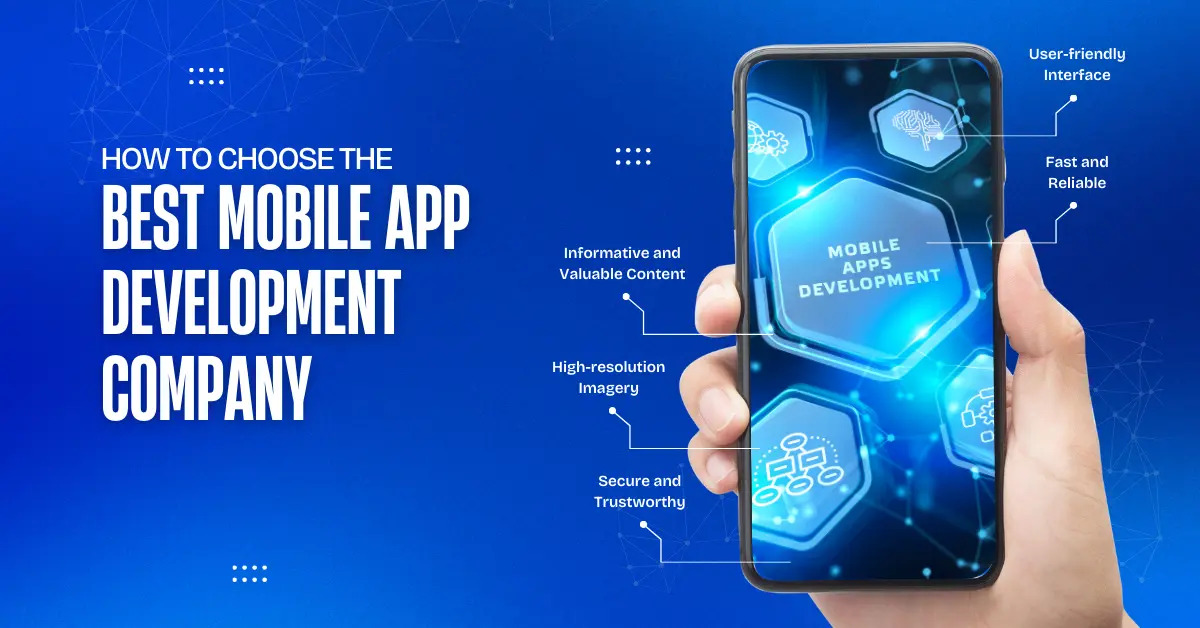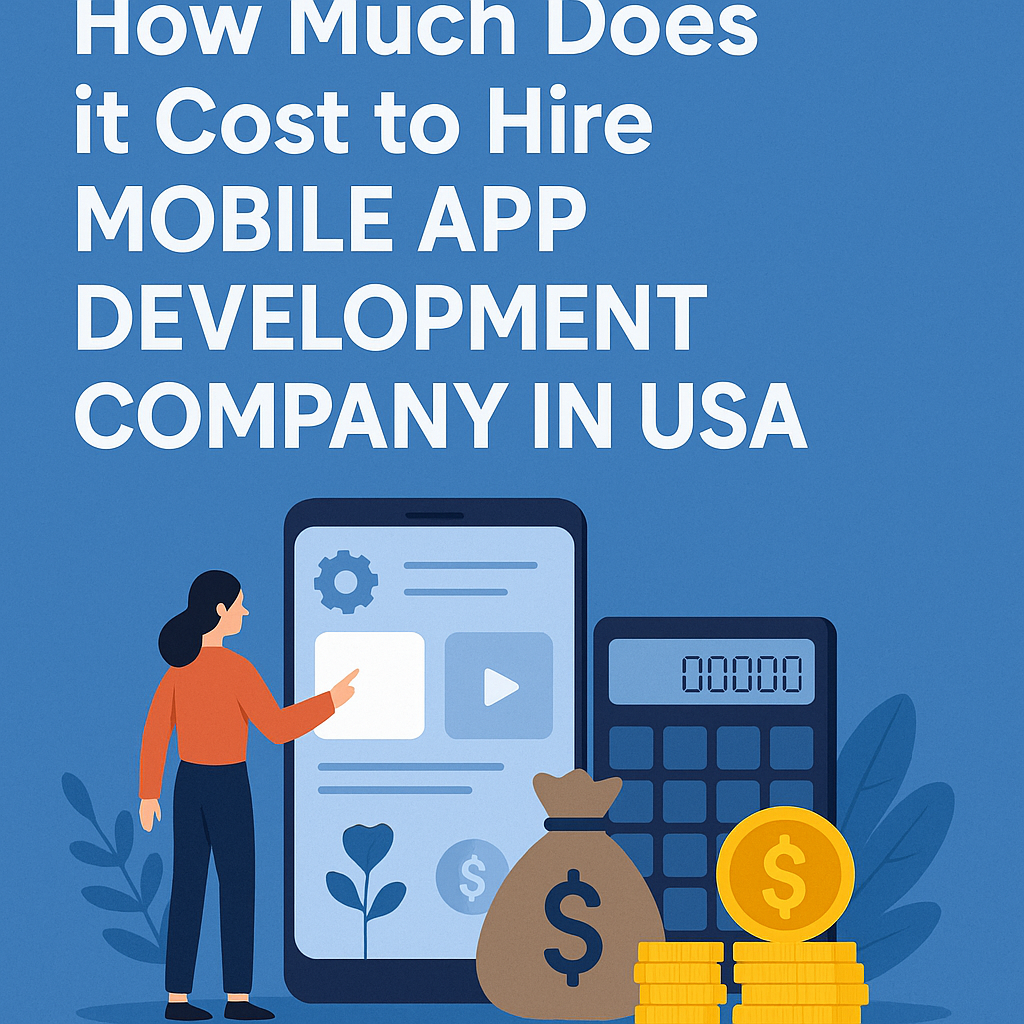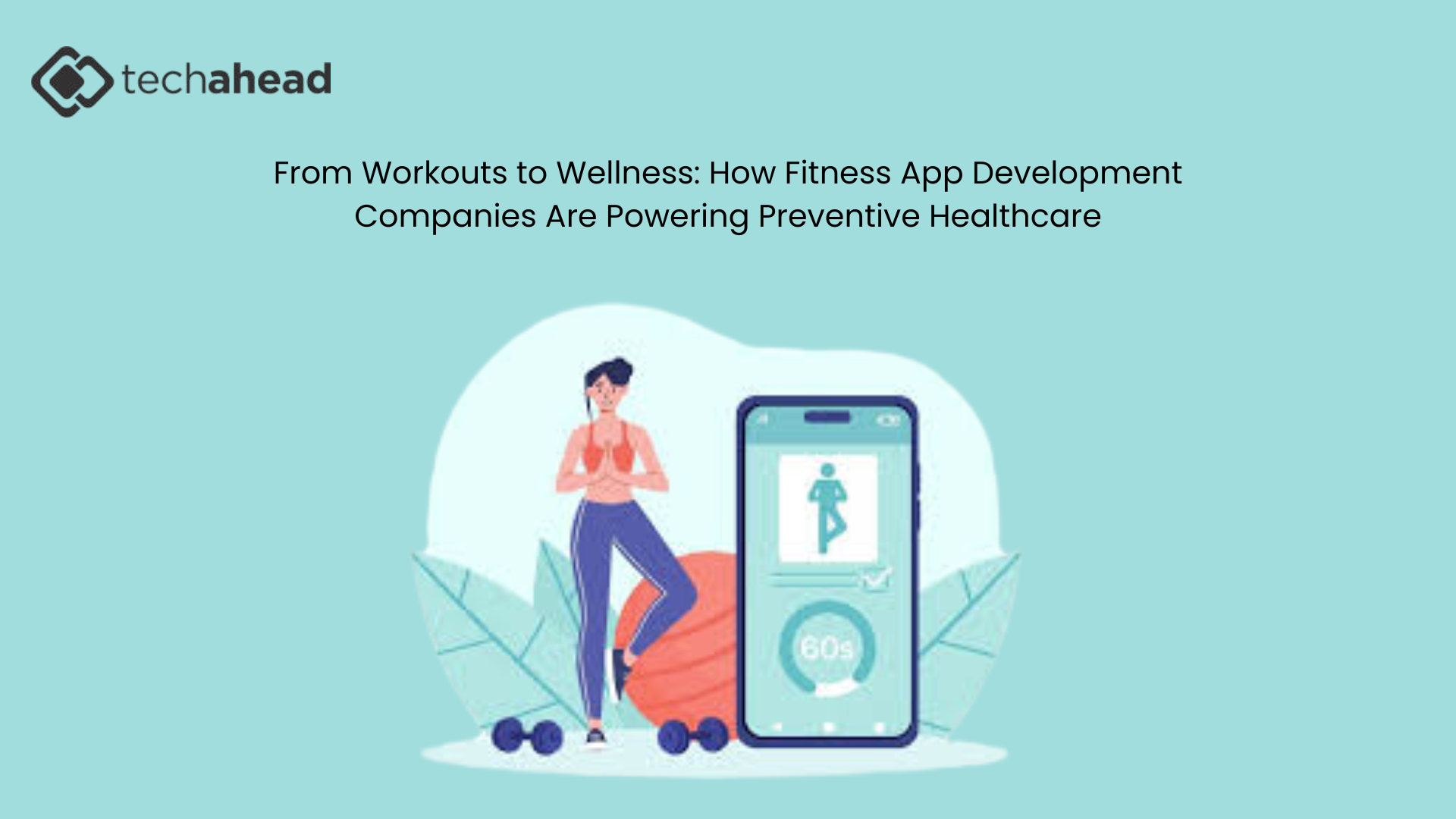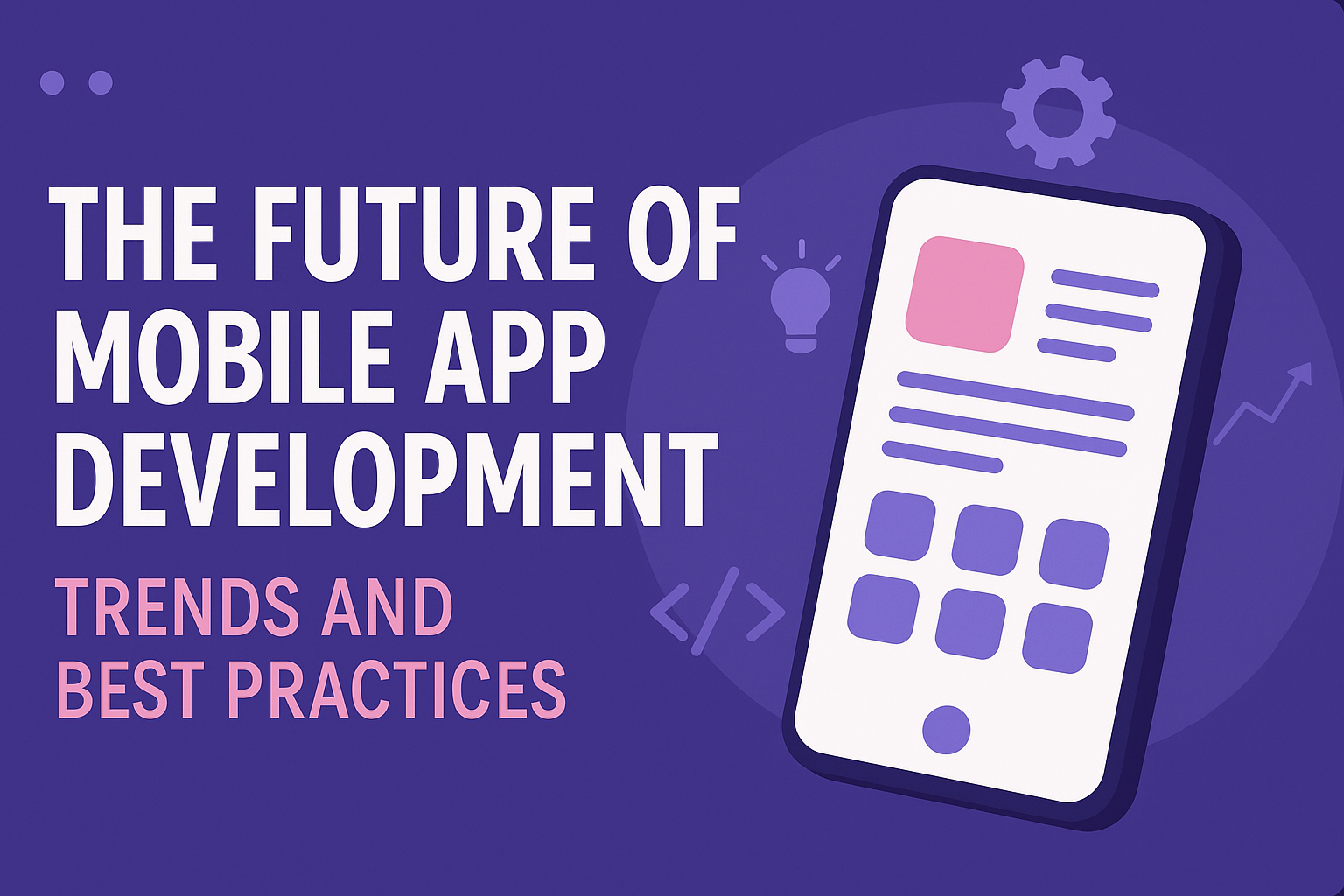How to Choose the Best Mobile App Development Framework for Your Project
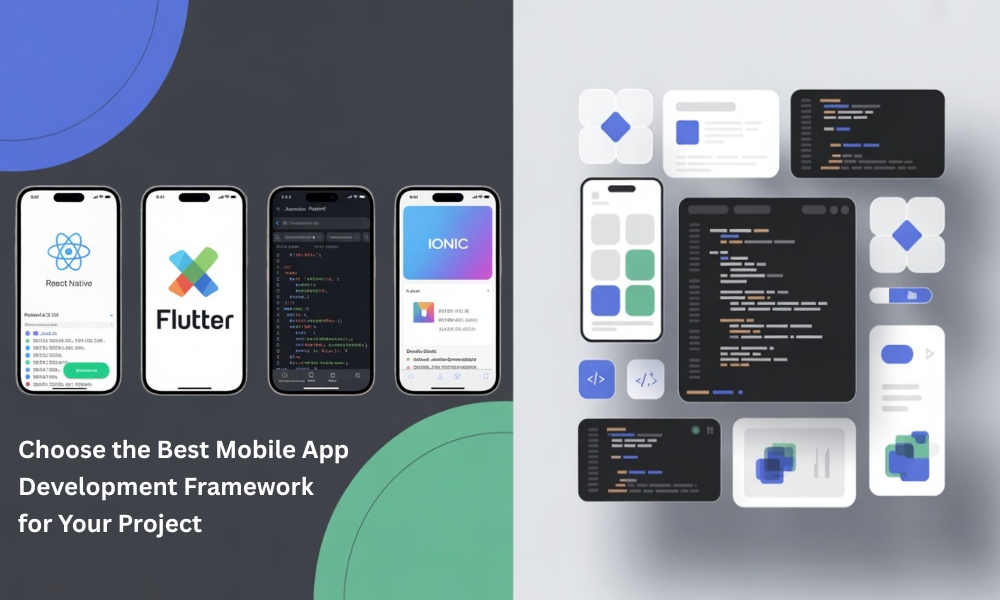
Strong 8k brings an ultra-HD IPTV experience to your living room and your pocket.
In today’s digital age, mobile apps are not just a trend — they are a necessity. Whether you're a startup or an established business, creating a high-performing mobile app can unlock new opportunities for user engagement, brand visibility, and revenue growth. But before your app comes to life, there’s one major decision to make: Which Mobile App Development Framework should you choose?
✍️ Voice technology is revolutionizing apps. Learn how voice-enabled assistants are integrated into app development projects worldwide.
Selecting the right mobile app development framework is crucial. It can directly impact your app's performance, time-to-market, user experience, and long-term scalability. With so many options available today, the decision can feel overwhelming — but this guide will help simplify the process.
What is a Mobile App Development Framework?
A mobile app development framework is a software platform that provides the foundation to build mobile applications. It includes tools, libraries, APIs, and reusable components that streamline the app creation process.
There are three main types of app development approaches:
- Native App Development: Built specifically for one platform (iOS or Android) using platform-specific languages like Swift or Kotlin.
- Hybrid App Development: Combines web technologies (HTML, CSS, JavaScript) and runs inside a native shell.
- Cross-Platform App Development: Uses a single codebase to deploy apps across multiple platforms (iOS, Android, web).
Each approach has its strengths. Choosing the right one depends on your project goals, target audience, and budget.
Why Choosing the Right Framework Matters
Choosing the right mobile app development framework can:
- Speed up the development process
- Reduce overall project costs
- Improve app performance and user experience
- Allow scalability for future updates
- Support cross-platform functionality
If you pick the wrong framework, you may face compatibility issues, poor app performance, or increased costs down the line.
Top Factors to Consider When Choosing a Mobile App Development Framework
1. App Requirements & Purpose
Start with a clear understanding of your app’s core purpose:
- Is it a data-heavy app (like banking or healthcare)?
- Does it need real-time updates (like chats or food delivery)?
- Does it need access to native features like camera, GPS, Bluetooth?
If your app demands high performance and access to device features, native development or frameworks with strong native support are ideal.
2. Target Platforms
Do you want to launch the app on Android, iOS, or both?
- If only one platform: Native development (Kotlin or Swift) may be best.
- For both platforms: A cross-platform app development framework like Flutter or React Native can save time and cost.
3. Development Time and Budget
Time and cost are important, especially for startups. Cross-platform and hybrid frameworks reduce development time as they use a single codebase.
If you have a tight deadline and a limited budget, React Native or Flutter are popular choices for quick deployment without compromising quality.
4. Performance
Performance depends on how well the framework interacts with the device's native components.
- Native apps offer the best performance.
- Flutter provides near-native performance with excellent UI.
- React Native is good for most apps but might lag in extremely graphic-heavy applications.
5. UI/UX Capabilities
If your app’s success depends on outstanding visuals and smooth user interaction (like gaming or design tools), you need a framework that supports rich UI:
- Flutter shines in this area with its customizable widgets.
- Swift and Kotlin offer pixel-perfect native UI.
- React Native allows integration of native modules when needed.
Popular Mobile App Development Frameworks in 2025
Here are some of the best mobile app development frameworks widely used by developers and mobile app development companies in India:
1. Flutter (by Google)
- Type: Cross-platform
- Language: Dart
- Highlights: Fast performance, rich UI, huge community
- Best For: MVPs, startups, and businesses wanting attractive UIs
2. React Native (by Meta)
- Type: Cross-platform
- Language: JavaScript
- Highlights: Large ecosystem, reusable components, native performance
- Best For: Apps with moderate complexity and faster go-to-market
3. Xamarin (by Microsoft)
- Type: Cross-platform
- Language: C#
- Highlights: Integration with Microsoft products, native API access
- Best For: Enterprise-grade apps using Microsoft services
4. Swift (for iOS)
- Type: Native
- Language: Swift
- Highlights: Smooth performance, security, access to iOS features
- Best For: iOS-only apps with intensive performance needs
5. Kotlin (for Android)
- Type: Native
- Language: Kotlin
- Highlights: Modern syntax, Google-supported, scalable
- Best For: Android-only apps requiring high performance
Security and Maintenance Considerations
Security is often overlooked but critical. Choose a framework that:
- Has regular updates
- Offers secure plugins
- Follows best practices for authentication and data storage
Also, consider how easy it will be to maintain and update your app in the future. Frameworks with large communities and documentation (like Flutter and React Native) tend to be easier to manage.
Developer Skill Availability
Not all frameworks are equal in terms of developer availability. If you’re outsourcing or hiring, choose a framework with a large talent pool. React Native and Flutter have a broad base of developers in India and worldwide.
You can always consult a professional mobile app development company in India to help you evaluate your needs and suggest the most suitable framework.
Real-World Use Cases of Frameworks
Here are examples of popular apps and their frameworks:
- Flutter: Alibaba, Google Ads
- React Native: Instagram, Facebook, Skype
- Xamarin: The World Bank, Alaska Airlines
- Swift/Kotlin: Spotify, Uber, WhatsApp
This shows that even the biggest companies use a mix of frameworks based on specific needs.
Final Checklist Before You Choose
✅ Define app goal and complexity
✅ Know your target audience and platform
✅ Consider time-to-market and budget
✅ Prioritize performance and user experience
✅ Look into long-term support and scalability
✅ Consult a professional if needed
Conclusion
Choosing the best mobile app development framework depends on your project goals, budget, performance expectations, and future scalability. Whether you prefer native performance or cross-platform efficiency, your framework will shape your app’s success.
If you're unsure or need expert guidance, it's wise to consult a reliable mobile app development company with hands-on experience across multiple frameworks.
At Mypcot Infotech, we specialize in building robust, scalable, and high-performance mobile applications using the latest and most reliable frameworks. Let’s build your dream app together.
Note: IndiBlogHub features both user-submitted and editorial content. We do not verify third-party contributions. Read our Disclaimer and Privacy Policyfor details.



